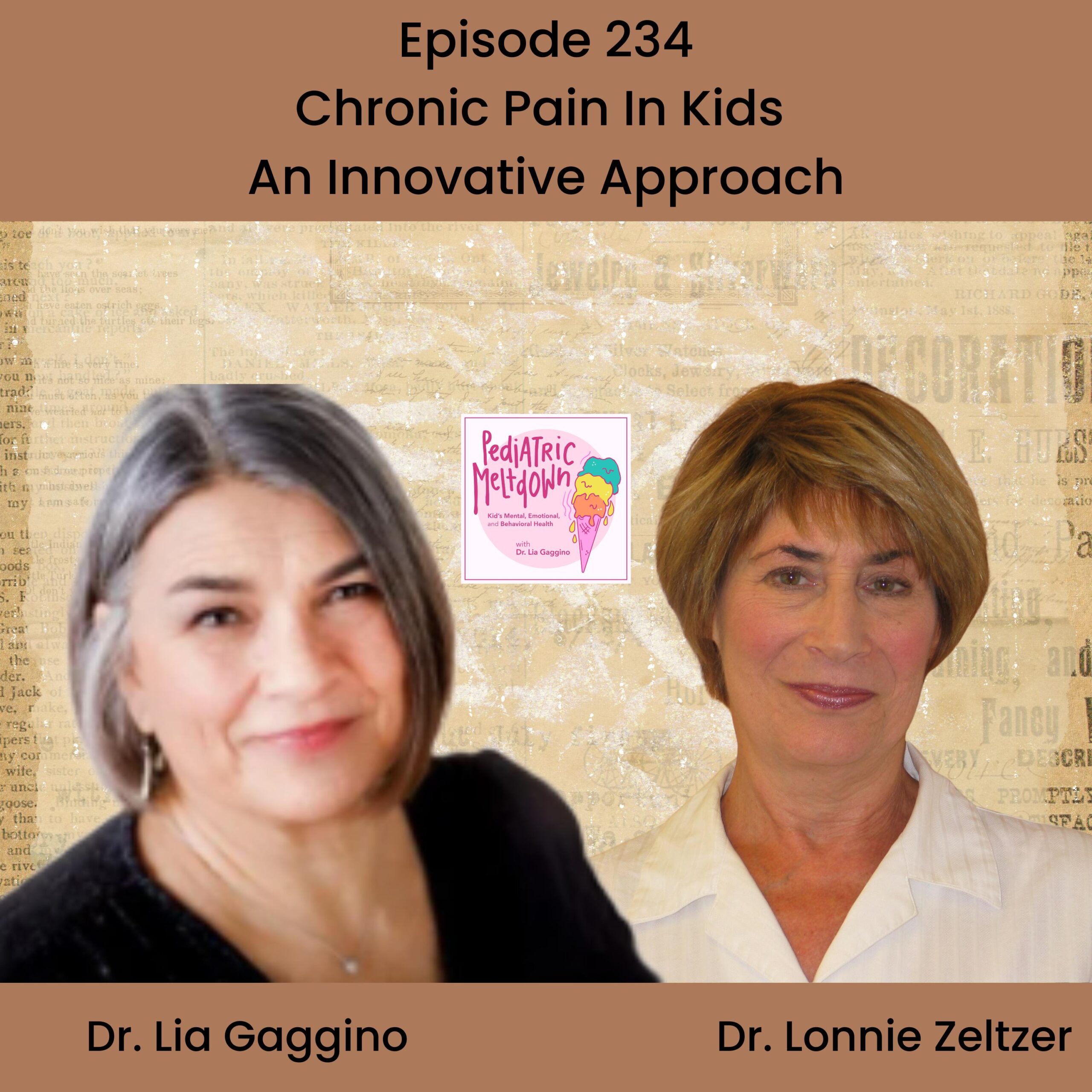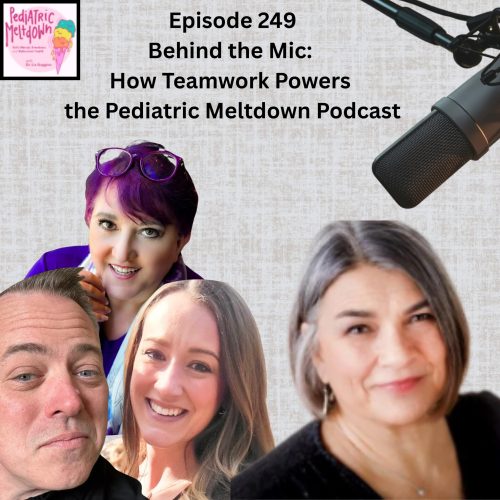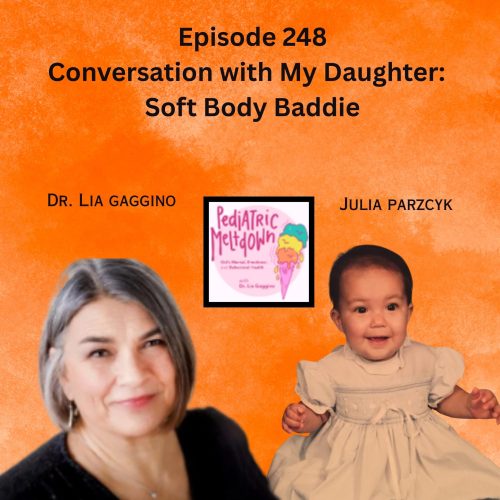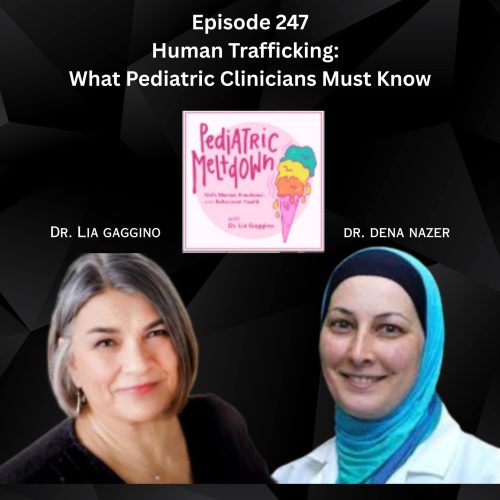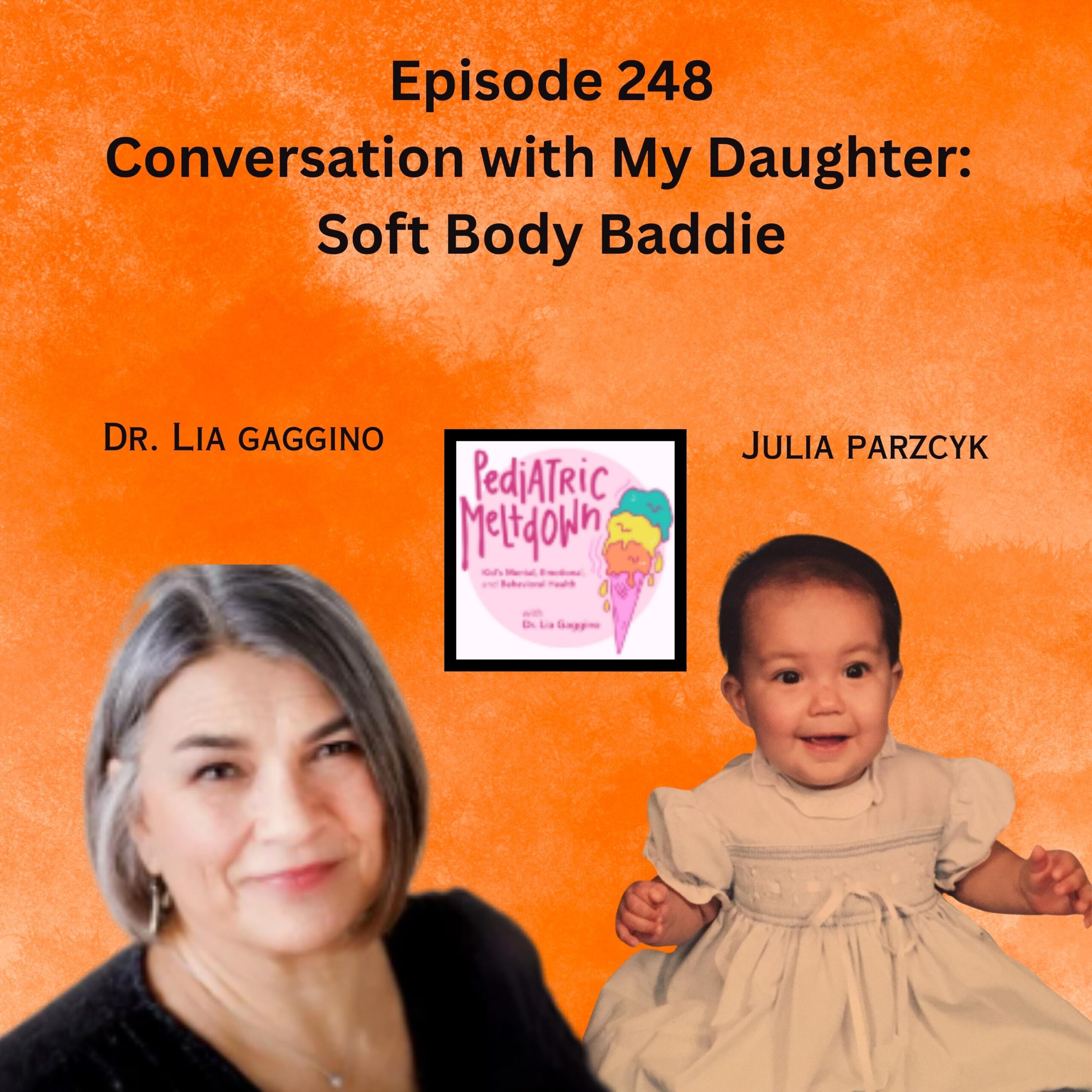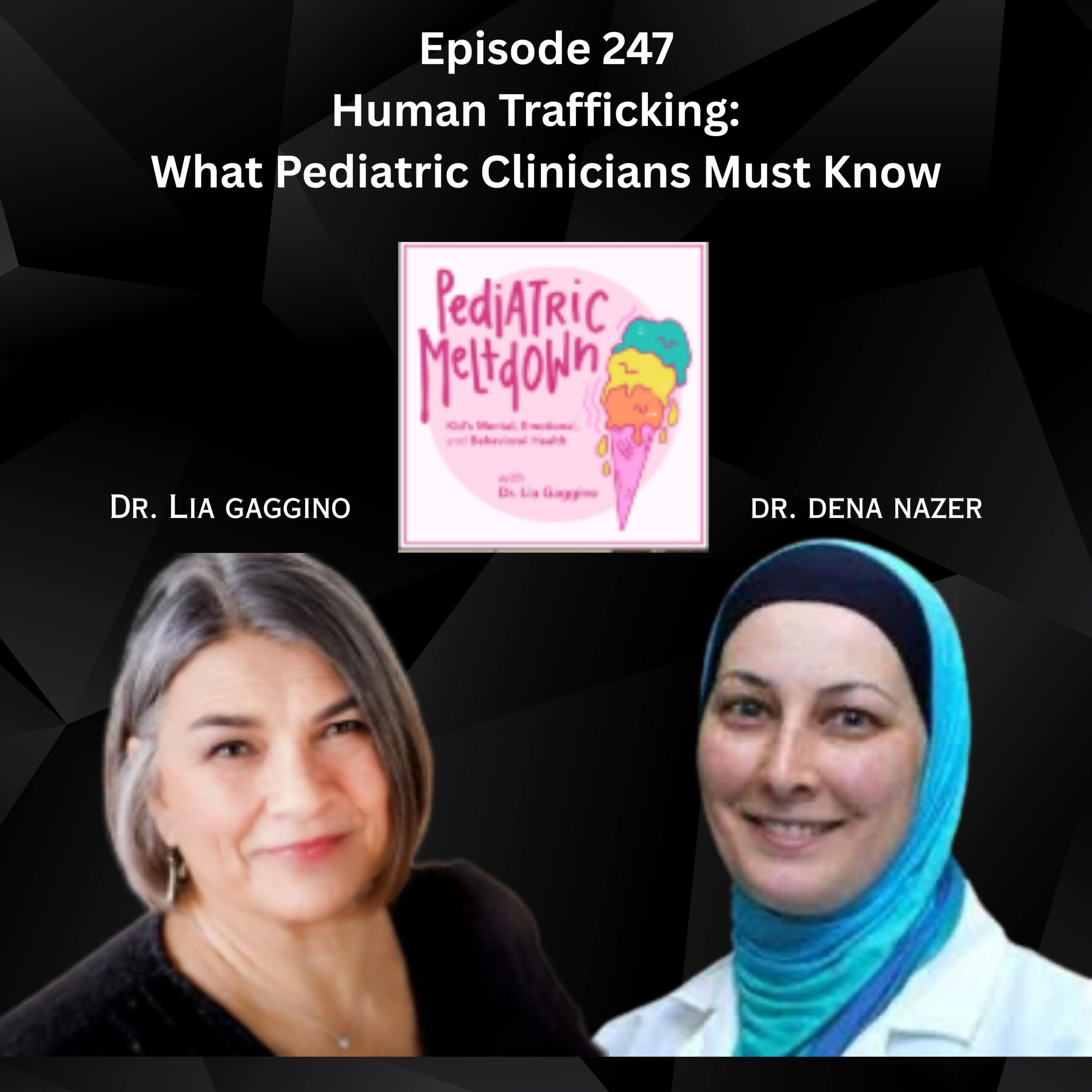Chronic Pain in Kids: An Innovative Approach
Did you know that nearly twenty-five percent of adolescents suffer from chronic pain, and for some, it’s severe enough to impact daily life?
In this episode of Pediatric Meltdown, Dr. Lia Gaggino and guest Dr. Lonnie Zeltzer talk about the complexity of chronic pain in children and adolescents—a subject often misunderstood and inadequately addressed in pediatric medicine. Through personal anecdotes and expert insights, Dr. Zeltzer shares her journey from a curiosity about adolescent medicine to specializing in pediatric chronic pain using modern pain science. This conversation not only unravels the preconceived beliefs surrounding chronic pain but also offers potential pathways and methods to manage and reframe the experience of pain in young individuals.
The episode is an eye-opener for anyone seeking to understand and support children grappling with chronic pain.
[00:00 – 17:02] Prevalence and Challenges of Pediatric Chronic Pain
- Chronic pain affects 15–30% of adolescents globally, with 15% experiencing severe impairment.
- 70% of adolescents with untreated chronic pain develop adult chronic pain.
- Pediatricians often lack training in modern chronic pain management concepts.
- Subspecialists frequently struggle to address chronic pain after ruling out organic causes.
[17:02 – 27:55] Neurobiological and Psychosocial Factors
- Chronic pain correlates with limbic system hyperactivity and prefrontal cortex underdevelopment in adolescents.
- Neurodiverse individuals may experience heightened sensory sensitivity, amplifying pain perception.
- Hypnotherapy and cognitive behavioral therapy (CBT) retrain pain-related neural pathways.
- POTS (postural orthostatic tachycardia syndrome) reflects autonomic nervous system dysregulation linked to chronic pain.
[27:56 – 21:06] Gastrointestinal and Autonomic Dysregulation
- Irritable bowel syndrome (IBS) stems from brain-gut axis dysfunction, not structural gastrointestinal issues.
- Autonomic dysregulation in POTS requires salt intake, hydration, and compression garments for management.
- Acupuncture and acupressure offer nonpharmacologic relief, particularly for needle-tolerant patients.
- Abdominal pain often involves muscular tension, addressed through targeted physical therapy.
[21:07 – 48:48 ] Practical Clinical Interventions
- Brief in-office mindfulness exercises (e.g., guided breathing) provide immediate stress relief.
- Motivational interviewing helps adolescents identify achievable goals, like gradual physical activity.
- Parent-child dyads benefit from joint mindfulness apps (e.g., Insight Timer) to reduce household stress.
- The “five golden minutes” of non directed play or connection improve emotional regulation.
[48:49 – 54:23 ] Dr. Lia’s Takeaways
Connect with Dr. Lonnie Zeltzer
https://www.instagram.com/my_chyp/
https://www.linkedin.com/company/creative-healing-for-youth-in-pain/
https://www.facebook.com/creativehealingforyouthinpain
Resources mentioned in the show:
- Creative Healing for Youth in Pain (CHYP) (www.mychyp.org)
- David Clauw:
- YouTube on chronic pain https://www.youtube.com/watch?v=B0EhNajqkdU
- The Pain Guide – https://painguide.com/about/
For more episodes of Pediatric Meltdown, Go here: https://pediatricmeltdown.com/episodes
120 ADHD: Part 4 Executive Function
119 ADHD Part 3: Executive Function
109 ADHD Symptoms: Executive Functions Part II
ADHD: Strategies for Boosting Executive Function
Tweetable Quotes:
“But some kids continue with chronic pain at the site with all the evaluation not finding any reason for the pain.” ..Dr. Lonnie Zeltzer on the complexity of chronic pain in children
“We know there are areas of the brain that will respond to aspects of pain, but we know what goes on in the brain when you have pain. You develop a neural circuit, a connectivity pattern, and a lot of the control of that is in the prefrontal cortex.”… Dr. Lonnie Zeltzer on Understanding Pain Neural Circuits
**TRANSCRIPT AVAILABLE UPON REQUEST**
SUBSCRIBE & LEAVE A FIVE-STAR REVIEW and share this podcast to other growing entrepreneurs!
Get weekly tips on how to create more money and meaning doing work you love and be one of the many growing entrepreneurs in our community. Connect with me on LinkedIn; https://www.linkedin.com/groups/12656341/ or on Instagram or our website at www.lifeaftercorporatepodcast.com .

